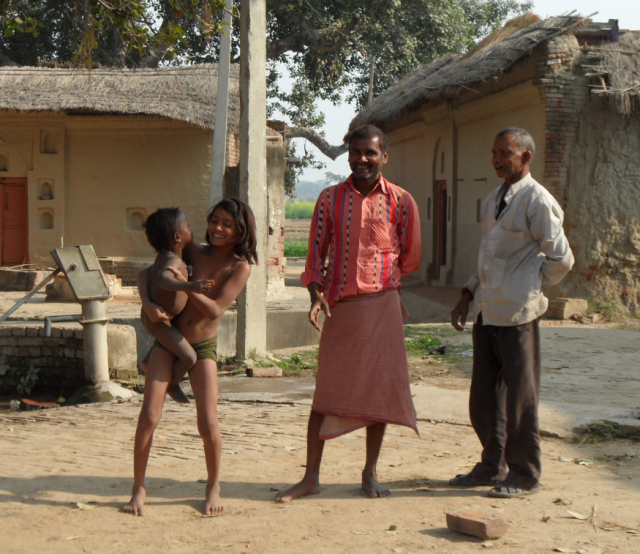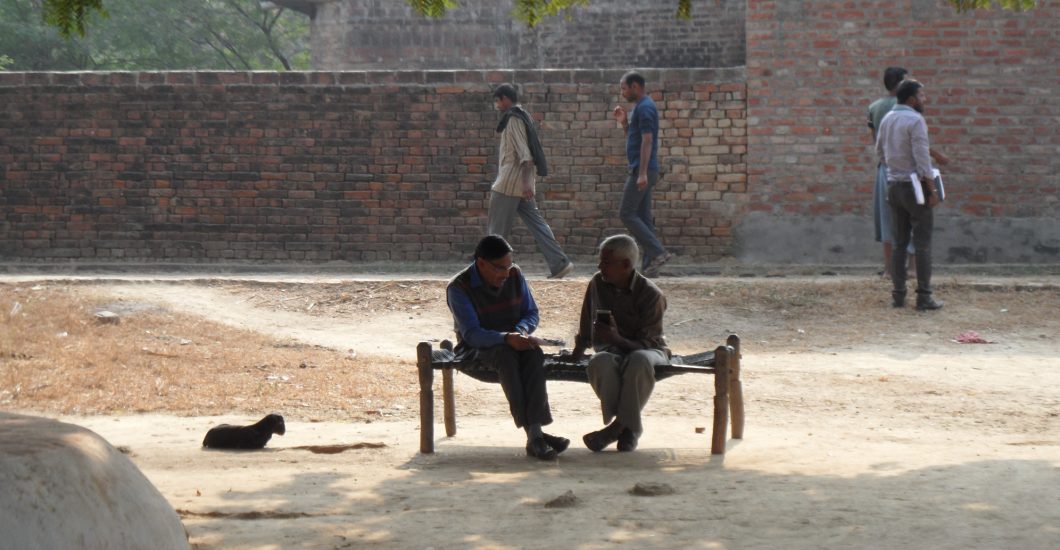Interventions to improve knowledge about leprosy, reduce stigma and promote early case detection in leprosy
The improvement of local knowledge and perceptions of leprosy are essential strategies to reduce stigma and promote early case detection in leprosy.

The PEP++ project
The PEP++ project aims to contribute to this by implementing an enhanced ‘package’ of leprosy control measures in all study areas. Community education and behavioural change (CEBC) interventions are a key part of this ‘package’. The aim is to raise awareness and improve knowledge about the social impact of the disease and to facilitate behavioural change. We believe this is a necessary step for successful introduction of and adherence to post-exposure prophylaxis interventions.
The CEBC component was developed based on three main data sources: a leprosy perception study, a communication needs assessment and a workshop with the target group and key stakeholders.
Leprosy perception studies
The purpose of the leprosy perception studies is to investigate the ways project communities view and react to leprosy, what they know about it, and their attitudes, beliefs and reported behaviour towards persons affected by it. The perception studies use a mixed methods approach with three questionnaires: the KAP (knowledge, attitudes and practices) and the EMIC-CSS and SDS (community stigma). In addition, in-depth interviews and focus group discussions are conducted (attitudes, beliefs). There are four groups of participants: persons affected by leprosy, their close contacts, community members and health care workers. The baseline perception studies conducted in the PEP++ project areas in India and Indonesia already revealed poor knowledge regarding leprosy and high levels of stigma towards persons affected by leprosy. Knowledge about mode of transmission, cause and symptoms of leprosy was especially poor.
In addition to the perception studies, a communication needs assessment was conducted: a brief questionnaire to get an idea of the means of communication people use, prefer and find most appropriate in their communities.

A workshop was conducted after the perception study and communication needs assessment were conducted. In the workshop, district project teams, persons affected, government staff, leprosy researchers and communications experts collaborated on an overview of appropriate CEBC interventions for the communities. After the workshop, a working group met to produce an action plan for the development of prototype methods and messages, pilot testing and finalisation of materials and methods. In India the CEBC interventions selected include posters, health care worker training, interpersonal communication, mobile messages and community meetings. The CEBC interventions in Indonesia and Brazil will be developed in the coming months.
The outcomes of this study, interventions to improve knowledge about leprosy, reduce stigma and promote early case detection in leprosy, will be shared so that they can be used across the ILEP Federation (and beyond).